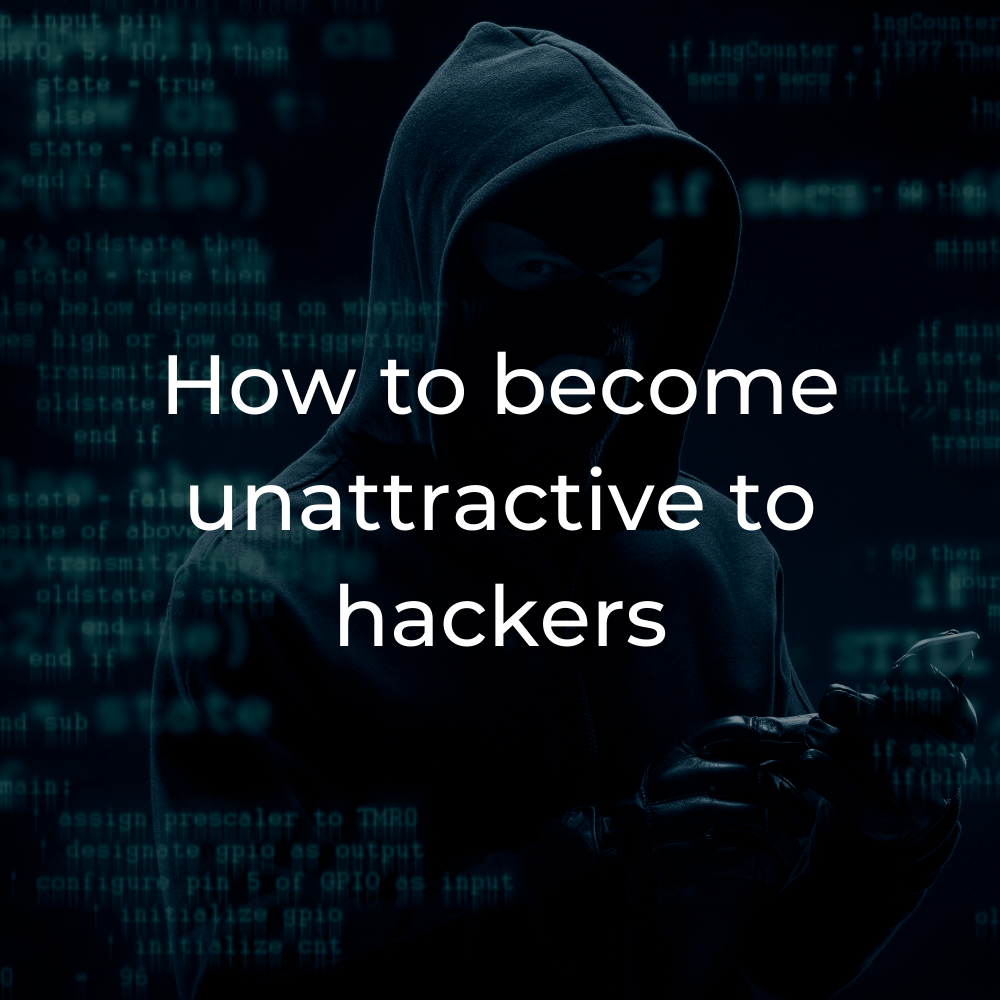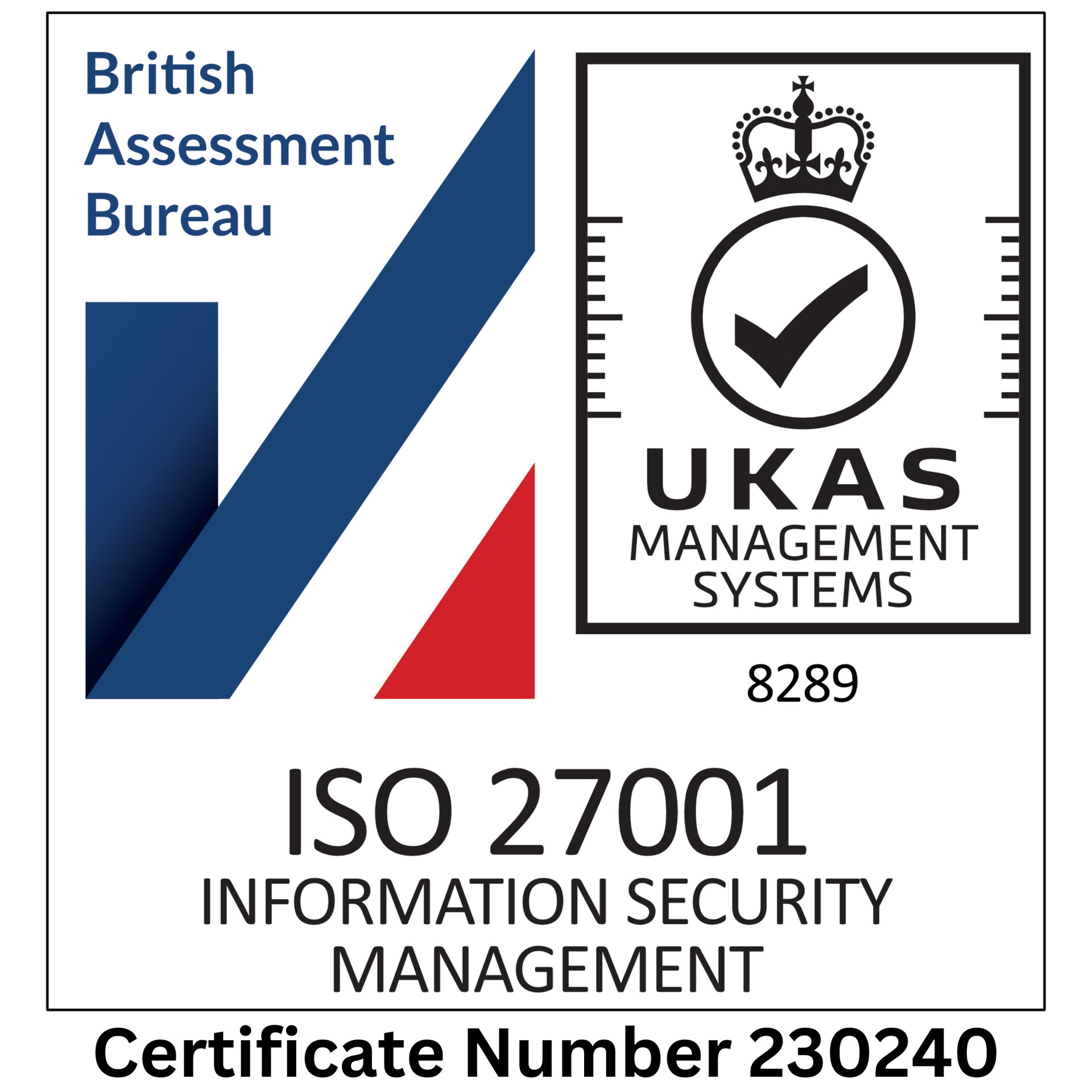Does the UK have a ransomware problem?
Explosive new research shows that UK businesses are most likely to pay up after a ransomware attack. But… why? Get the facts in our expert analysis.

Does the UK have a ransomware problem?
Simple answer: yes. Yes it does.
According to recent research, UK businesses have the worst record in the world for paying scammers after successful ransomware attacks.
And by some measure. The research found that 82% of British ransomware victims forked out to get their data back – 41% higher than the global average.
Something is very wrong here. And to understand why, we'll need to look at all sorts of possible factors, ranging from training to TOADs. (Yes, you read that right: TOADs.)
But first, the basics.
What is ransomware?
Ransomware is a form of malware that, once installed, encrypts its victims' files and applications. This data is rendered inaccessible until the victim pays a hefty fee – hence the name.
"Can't you just delete the ransomware?". No, it's not as easy as that. Ransomware gets its claws into everything – including the anti-virus software that could otherwise root it out.
It's bad enough when it infects a single user's computer. But ransomware doesn't stop there. These malicious programs are usually designed to spread over networks, so can soon render entire businesses inoperable.
Scared yet? You should be.
Why not just pay the fee?
It's easy to understand why businesses might choose to pay up after ransomware attacks.
See, the criminals who distribute ransomware know exactly what they're doing. So they'll usually demand a ransom that's within the reach of the organisation they're targeting. If every cyber pirate was asking for multi-million-pound bounties, it's unlikely they'd have much success.
Faced with the choice between hefty – but ultimately affordable – fees and the complete shutdown of their business, many choose the former.
But although paying the ransom might be reasonable… is it right?
Funding cybercriminals isn't a hobby we'd recommend pursuing. Morally speaking, it's right down there with tripping grannies and stealing candy from babies.
But there are practical implications too. The most obvious is that paying up proves it works. The more ransomware attacks are successful, the more popular they will become as a form of cybercrime.
Not only that, but it marks you as an easy target. If you pay up once, you can expect hordes of chancers to try their luck with their own scams.
We're not judging anyone here, though. Though data decryption tools exist, ransomware is often extremely sophisticated and difficult to crack. Many victims are – unfortunately – left with little choice but to cough up the cash.
What's with the UK, then?
Honestly, we're not sure quite why Brits are so quick to throw money at ransomware attackers.
What's clear, though, is that we're among the most vulnerable to internet swindlers. The research found that, of the UK businesses surveyed, 90% had fallen victim to at least one successful phishing attack. This was the highest proportion out of all the countries studied.
Phishing is a form of email scam where the scammer impersonates someone else. The idea is to trick victims into sharing sensitive data or installing malicious code. Phishing is one of the most common delivery methods for ransomware.
Could it be an educational issue, then? Are UK businesses failing to train their staff to identify cyberattacks and mitigate damage?
According to the data, it's a possibility.
The businesses surveyed were asked which security-related topics they covered in their training programmes. And guess what? UK businesses scored second worst for "email-based phishing" and third worst for "ransomware".
What's more, the UK was the worst of the bunch when it came to covering "password best practices", "multi-factor authentication" and "compliance topics" (such as GDPR).
It sounds like some of us need to take cybersecurity a little more seriously. But before we blame education entirely, we need to consider a few recent developments…
Unsettling ransomware trends
Cyberattacks have been increasing in frequency for many years now. And – surprise, surprise – many scammers used the global pandemic as an opportunity to launch new, COVID-themed attacks.
Coupled with this is a trend called "pandemic fatigue", which the WHO describes as "demotivation to follow recommended protective behaviours, emerging gradually over time".
Of course, the WHO is referring to things like mask wearing and social distancing. But it's easy to see how this fatigue could apply to our day-to-day handling of cybersecurity too.
The fact is, we're all exhausted, so we're more likely to let our guards down. Couple this with the fact that we've had to navigate new challenges like working from home, and you have a recipe for cybercrime success.
Not only that, but scammers are constantly coming up with novel ways to, well… scam us. For instance, 2021 saw cloud services being increasingly abused, with cybercriminals sharing malicious messages and documents across platforms like Microsoft 365 and Google Cloud.
There's also been a steady increase in TOADs. This slimy sounding acronym stands for "telephone-oriented attack deliveries", and sees scammers using phone calls to defraud their victims – often posing as technical support staff.
TOADs are nothing new, but their increase suggests users are – to a degree – wising up to email-oriented attacks. By exploiting "real-world interactions" like phone calls, perhaps internet tricksters are hoping to put victims at ease and catch them off guard.
How can I protect myself from ransomware?
As doctors have been saying for centuries, prevention is better than cure.
Ergo, the best way to prevent a ransomware attack is to educate users about their delivery methods. We all need to be vigilant and know the warning signs that help us identify scams.
As we've seen, however, scammers are constantly coming up with new and unexpected ways to steal our stuff. This means one-and-done training sessions aren't enough – education needs to be treated as an ongoing process. A tug-of-war between users and the thieves who are trying to defraud us.
But education can only go so far. It's inevitable that, sooner or later, a scam will reach an employee on an "off day" and find that weak link in your defences.
That's when you bring out the "cure" – backups.
By creating regular, secure backups, you can revert to a previous version of your systems and wipe away that encrypted, ransomed data for good.
Sure, you might lose a few hours of work, but that beats having to cough up £200,000 in ransom money.
If this all sounds like a lot of hassle, that's because it is. But, again, it's a small price to pay when you consider the risks that are out there.
Plus, you don't have to do it all yourself. Engage a trusted IT firm to handle cybersecurity, and you can relax in the knowledge that all the key defences are in place.
Our IT support packages have cybersecurity built in, including anti-malware software and long-term data backup in the cloud.
Plus, we've achieved ISO 27001 accreditation – the global standard for data security. Long story short, this means we know the tricks that cybercriminals use, and the steps we need to take to stop them.
Interested? Take a look at our IT support services to find a package that fits your business.
And why not sign up for our
Knowledge Hub newsletter? We'll send helpful tech tips like this straight to your inbox.




















